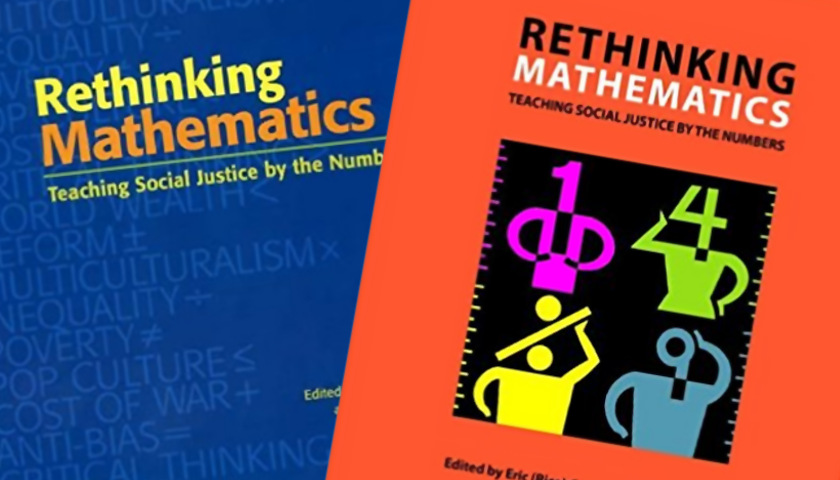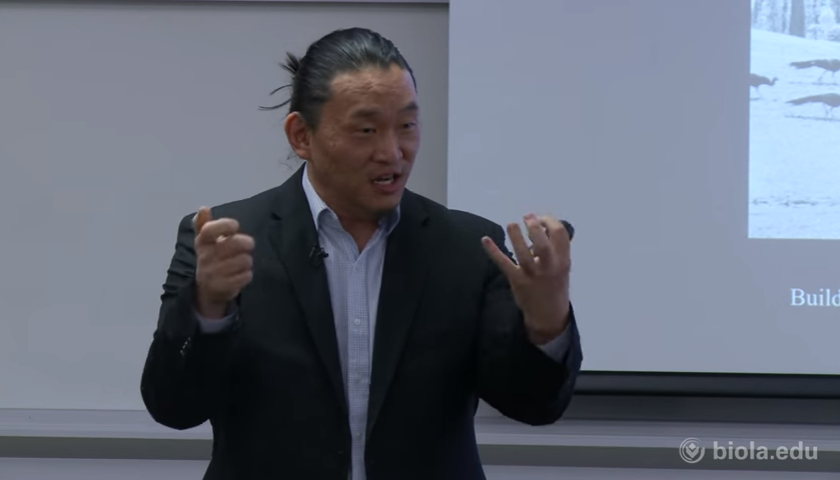by Grayson Quay What makes for a good book? There are many possible answers: beautiful prose, interesting characters, a well-crafted plot, and so on, all of which contribute to literature’s power to make us feel or experience things in new and different ways. For some, though, a good book is one that aligns perfectly with the reader’s political and ideological agenda. In his book An Experiment in Criticism, C.S. Lewis lumps professional literary critics and scholars who read this way into what he calls “the Vigilant school of critics” and accuses them of treating “criticism as a form of social and ethical hygiene.” “Nothing for them is a matter of taste,” Lewis writes. “A work, or a single passage, cannot for them be good in any sense unless it… reveals attitudes which are essential elements in the good life. You must therefore accept their (implied) conception of the good life if you are to accept their criticism. That is, you can admire them as critics only if you also revere them as sages.” Although Lewis refrains from specifying which ideologies make up the Vigilant school, today the culprit is obvious: progressive identity politics. Last year, the New York Post ran an article about…
Read the full storyTag: social justice
‘Social Justice Math’ Misses the Point of Learning Math
by Abigail Herbst It’s a common occurrence: a math teacher stands at the front of the classroom, struggling to keep the student’s attention. One student is on the phone. Another stares straight ahead into the distance. And the kid in the back row is asleep. Again. However, as the teacher moves to the next topic, one student blurts: “Why do we have to learn this? When are we ever going to use this?” And there it is. The perennial question: why do we learn math? When I was in high school, teachers responded to this question by pointing out that we need math when we go grocery shopping, when we’re building, and in certain careers. In short, we learn math because it is useful. Professor Eric Gutstein and his colleagues are trying a new approach—they’re trying to make math more “relevant” by infusing cultural issues into math. Mr. Gutstein and colleagues compiled articles from educators nationwide to put together a book titled, Rethinking Mathematics: Social Justice by the Numbers. It gives teachers tips for mixing social justice issues into math classes. Looking at the chapter titles gives you an idea how they plan to do this. Mr. Gutstein wrote a chapter…
Read the full storyJason Reynolds Commentary: U2 Turns Nashville Concert Into Political Rally
There is no question U2 is one of the most talented bands in our time. They also have done some great work in terms of social justice. Their work has included relief efforts for HIV-positive people in Africa. (RED) was created by Bono and Bobby Shriver in 2006 to fight to end AIDS in Africa. U2 is currently campaigning for global women’s rights such as an estimated 130 million girls who are not getting to attend school. I applaud them for that work. Then there is the right to life — but U2 is not campaigning for people’s rights to live, but rather, for women to have the right to murder their babies. https://twitter.com/ClosertoOne/status/1000558943100284928 On Friday, the people of Ireland voted to legalize abortion. The nation’s Eighth Amendment had protected preborn babies since 1983. Five previous votes on the repeal had failed. Earlier in May, U2 stepped into the debate by tweeting their support of ending the protection of preborn babies. Breitbart reports, “After U2 tweeted a photo endorsing the ‘Repeal the 8th; campaign… fans erupted with a barrage of more than 800 overwhelmingly negative replies, with many voicing their decision to stop supporting the band or attending its concerts.”…
Read the full storyConservative Presbyterians Elect Progressive Academic Who Bemoans ‘White Privilege’ As Moderator Of Annual Meeting
A college professor who promotes progressive theories on race and white privilege was elected moderator Tuesday for this week’s annual meeting of leaders in the conservative Presbyterian Church in America (PCA). The PCA is the second largest Presbyterian denomination after the liberal mainline Presbyterian Church (USA). Since forming in the early 1970s, the PCA has been known as a conservative evangelical body standing in sharp contrast to the liberal mainline denomination. But in recent years, the PCA has experienced increasing internal division over race, the role of women in the church, and how to respond to cultural pressure to overturn biblical teachings on marriage and sexuality. The PCA has a strong presence in Middle Tennessee. Its larger churches include Christ Presbyterian in Nashville, Covenant Presbyterian in Green Hills and Christ Community in Franklin. More orthodox believers in the denomination are alarmed by the changes. But they are stymied by a growing progressive influence bringing radical secular ideas into the church, often wrapped in select Bible verses about compassion and generosity that leave conservatives afraid of being called racist and uncaring. Alexander Jun, the moderator chosen for this week’s General Assembly meeting in Greensboro, North Carolina, is co-author of a new…
Read the full story



